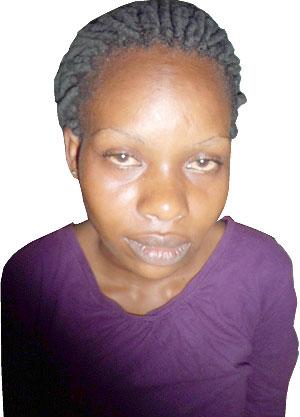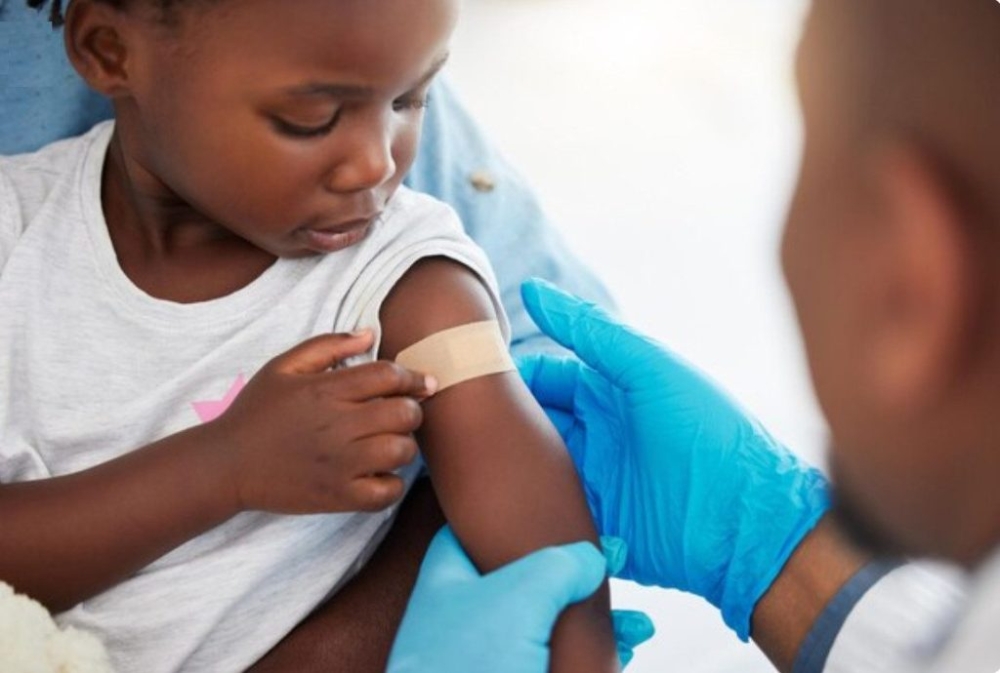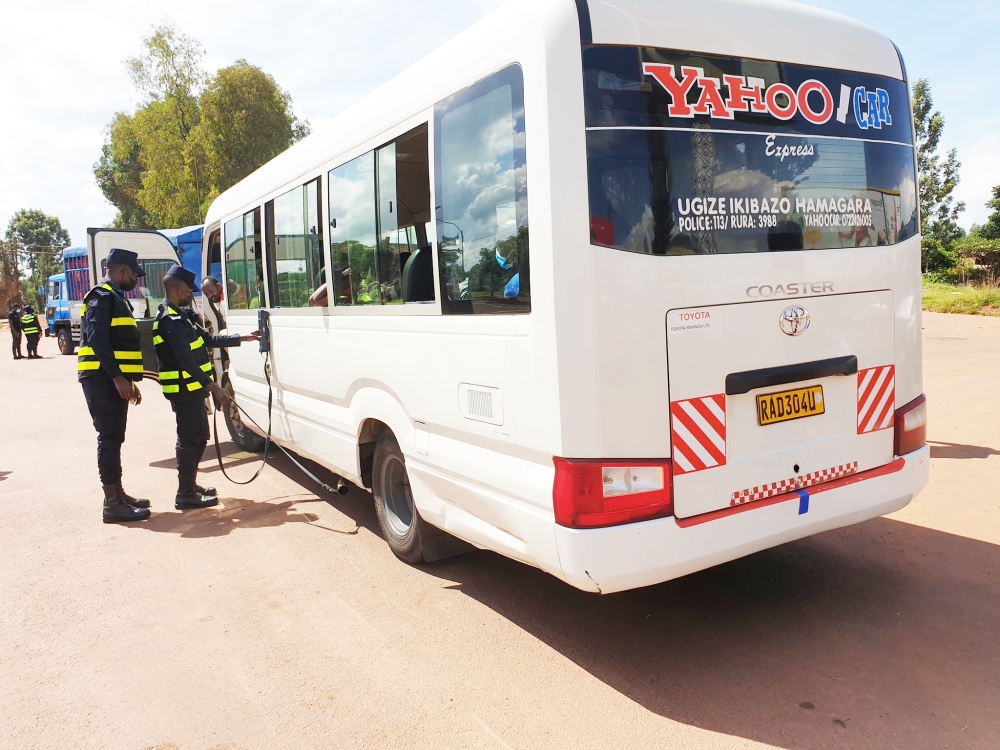Betty Mukeshimana, 28, did not only miss parental care and love but also a chance to have an education as a result of the 1994 Genocide against the Tutsi that claimed her parents and family members.


Betty Mukeshimana, 28, did not only miss parental care and love but also a chance to have an education as a result of the 1994 Genocide against the Tutsi that claimed her parents and family members.Born in Bugesera district, 18 years down the road, the mother of one recalls seeing her parents being tortured by the Interahamwe and later killed, but that at ten, she could do nothing to save their lives. "After killing every one in the family, I had no option but to move and find other people to hide with as every one went hiding, abandoning their homes to bushes and plantations.” She adds that, "I do not remember how long I took without a meal, but what I can not forget is that a certain woman sacrificed by giving me sweet potatoes fresh from the garden with some water and this brought my life to normal.” Mukeshimana was the third born in a family of six.She explains that the 100 days of the genocide in which a million people lost their lives, is one thing that ruined and brought misery in her life."Despite the fact that I was young, I remember seeing people killing others especially by the use of machetes but no one could come to their rescue,” she recalls.After about 30 minutes of silence, Mukeshimana talks about the way she managed to survive and how she has survived to date without a brother, sister or relative. "For the many times people were killed in the groups we were moving, I was spared and It is from that, that I came to believe it was God`s mercy,” Mukeshimana saysBut after sometime, she landed on a Good Samaritan who took her in what she called a "safe place” where she found other children.It is in that place that the 100 days were over but the girl had nowhere to go, instead she remained there for about three years.She explains that after sometime, a lady promised she would bring her to Kigali and this brought a smile on her face since she also assured her of good care.However, she adds that her happiness did not last for long in the city as she was abandoned and this marked another version of hardship.” To make ends meet, she had to engage in various works including house keeping for about two years. However, she said that life was not any better as it was getting complicated each other day, something that forced her to get married at 18. "It was such a hard decision to take, but I had no option since I was working without cash payment but a meal and shelter and to me, it was exploitation,” she says.Although Mukeshimana has lived such a lifestyle in the past, she is happy that she has managed to lead a life she never expected."Apart from my husband, I have no other person to lean on, the reason I decided to join business to work and live a happy life just like any another person out there.” For the last seven years, Mukeshimana has been dealing in second hand clothes and currently operates in Nyabugogo market.She started with Rwf50, 000, and has been able to carry on with business and with the profits she has made, she says her next plan is to diversify and open a restaurant in Remera. Clearly, despite the hardships she has had to endure, she is not without ambition."The beginning has never been easy but the most important thing is determination and given my experience, I am sure I will make it.”




